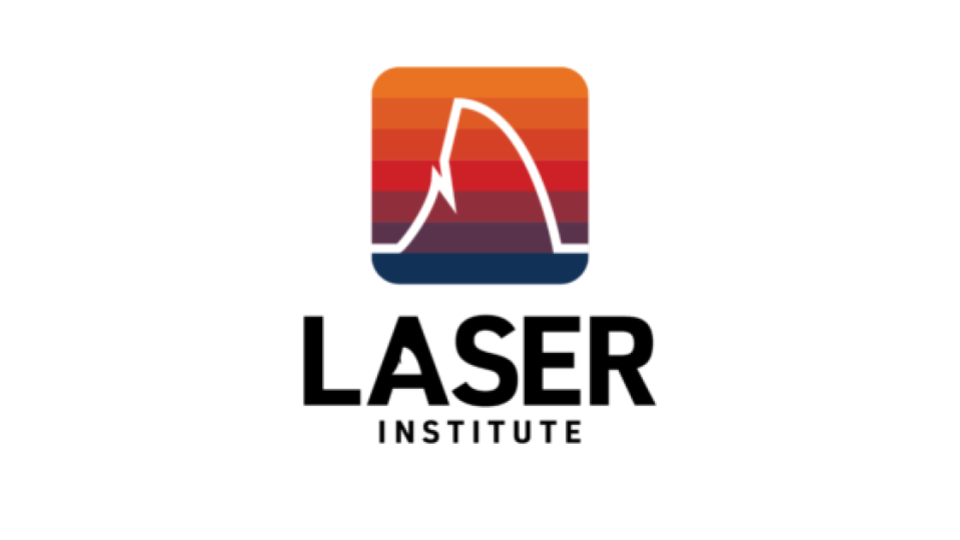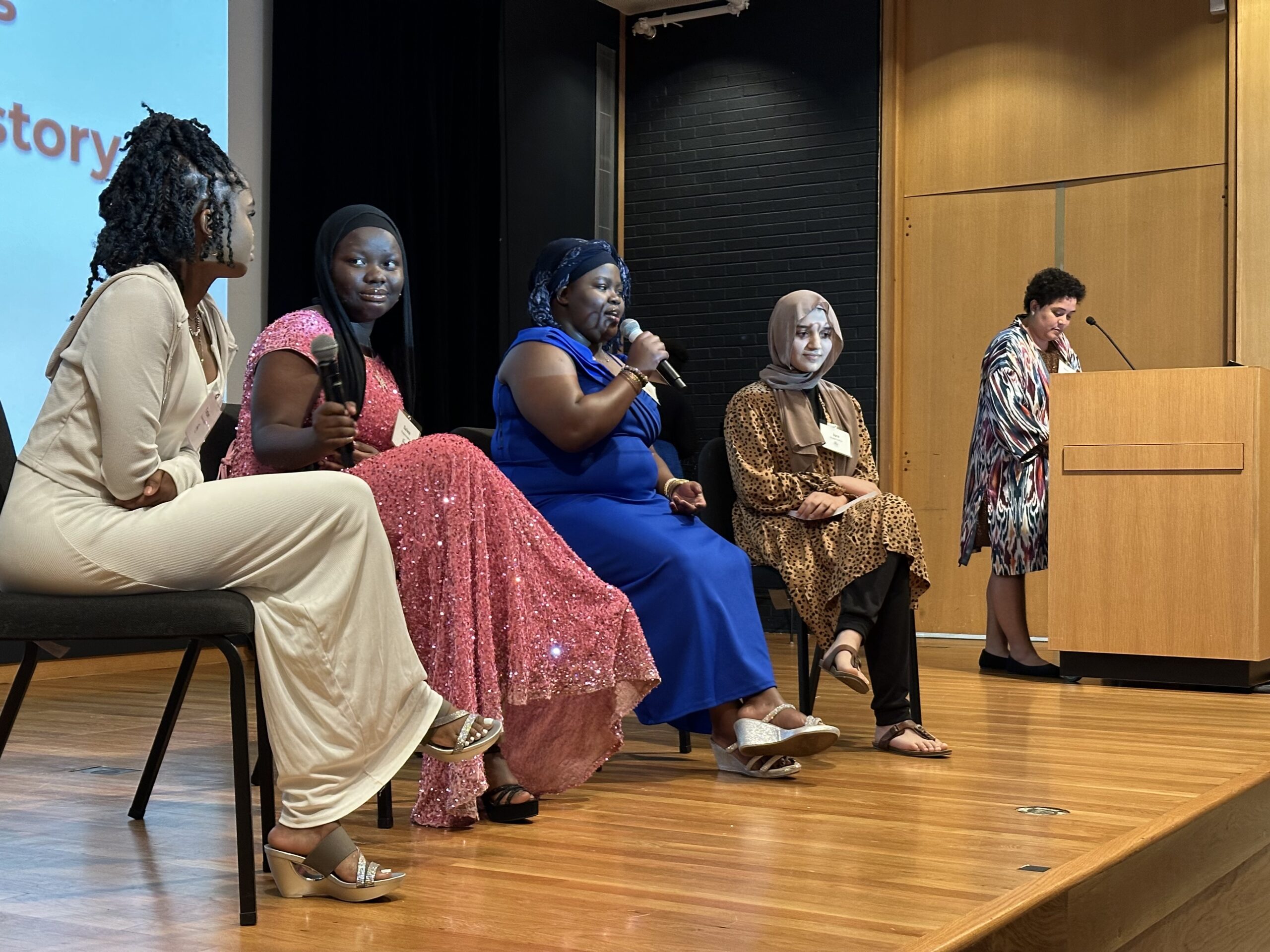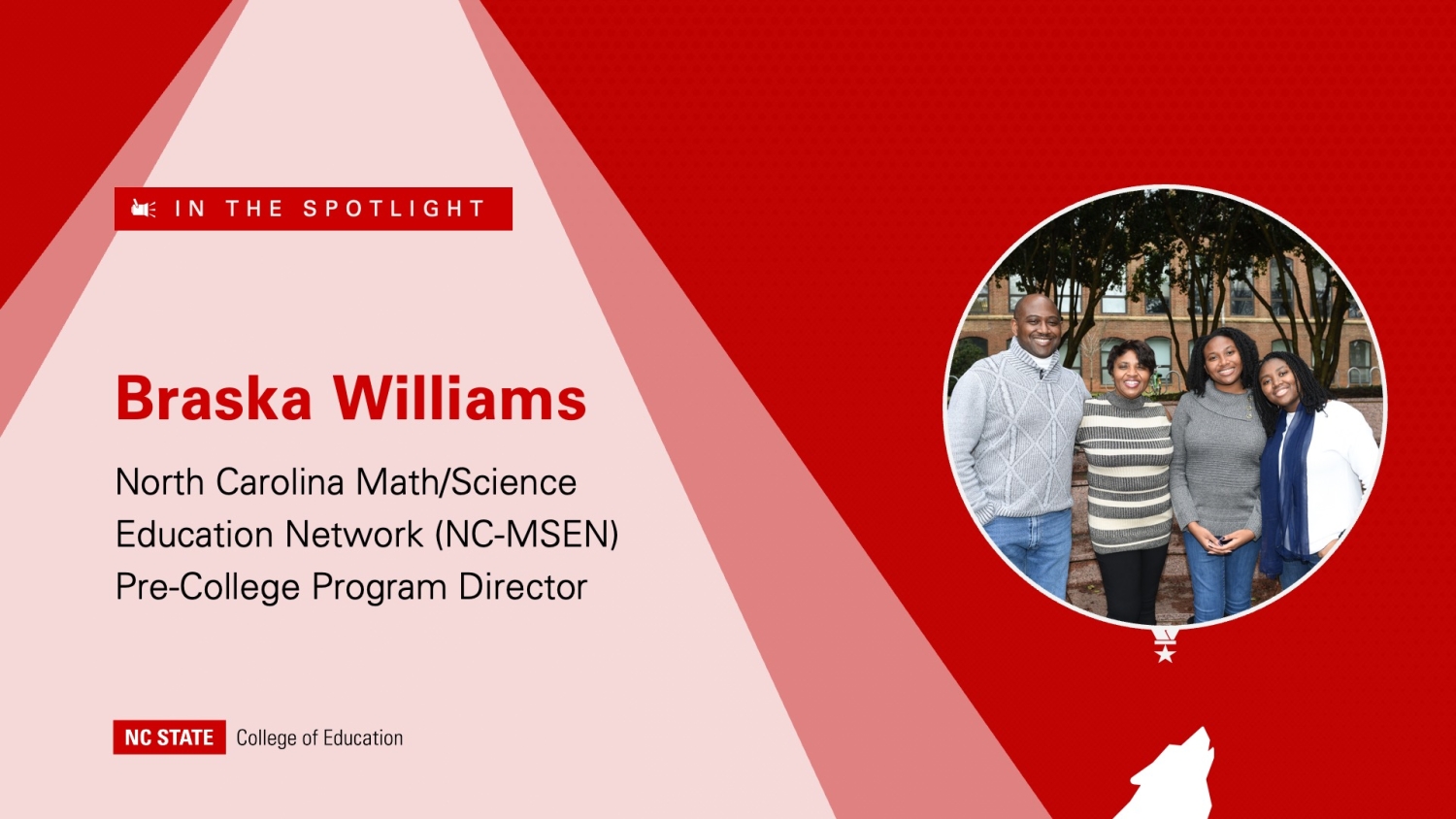Program Evaluation and Education Research Director Callie Edwards Contributes to New Book on Culturally Responsive Learning in Postsecondary Education

An upcoming book on culturally responsive learning environments in postsecondary education will start with a chapter about cultural competence in postsecondary education co-written by Callie Edwards, Program Evaluation and Education Research (PEER) director at the Friday Institute for Educational Innovation. This book will help postsecondary educators support student success through adopting more culturally relevant practices for teaching and learning in the college classroom and beyond.
Developing Culturally Responsive Learning Environments in Postsecondary Education will be published in 2024 by Information Age Publishing and is edited by R. Jason Lynch, assistant professor of higher education at Appalachian State University, and Charmion B. Rush, associate professor of inclusive and special education at Western Carolina University.
“As our world becomes increasingly more diverse, the opportunity to create more inclusive sites of learning grows exponentially,” said Edwards. “It was not only a privilege but also a profound responsibility to be a part of this project that sheds light on the ways in which we can expand institutional capacity to better serve students from diverse cultural and ethnic backgrounds. I earnestly believe that this text will serve as an invaluable resource in postsecondary faculty toolkits, empowering educators to embrace and implement best practices for developing culturally relevant learning environments. Ultimately, the impact of this work extends far beyond the classroom, shaping the next generation of empathetic and culturally informed leaders.”
The use of culturally responsive learning practices can be effective in addressing all students’ needs, according to a recent study from researchers at Tarleton State University. But cultural gaps exist between educators and students that can affect learning outcomes.
According to the publisher, the authors of this book represent diverse backgrounds to offer “their own scholarly and practical expertise to tackle issues ranging from combating implicit bias and building cultural competence to exploring specific student experiences and practical ways to implement culturally responsive pedagogies.”
Developing Culturally Responsive Learning Environments in Postsecondary Education is divided into four parts. Each part corresponds with four thematic areas identified as an important component in developing culturally responsive learning environments: unpacking educator cultural competence; learning experiences of the 21st century college student; culturally responsive teaching and instruction; and transforming curriculum, content and environments.
Edwards’ chapter, “What Is Cultural Competence in Postsecondary Education?,” is included in Part I: Unpacking Your Own Cultural Competence. She co-wrote the chapter with former colleague Patricia Hilliard, senior director of SparkNC.
“Developing culturally relevant learning environments in higher education begins with a firm understanding of cultural competence,” said Edwards. “In an effort to expand the institutional capacity to serve students from diverse cultural and ethnic backgrounds, we designed this chapter to inform postsecondary faculty who interact with students through formal and informal learning environments on the importance and application of cultural competence.”
About the Friday Institute
The Friday Institute for Educational Innovation advances K-12 education through innovation in teaching, learning and leadership by bringing together students, teachers, researchers, policymakers and educational professionals to foster collaborations that improve education for all learners. The Friday Institute for Educational Innovation is part of NC State’s College of Education, one of the leading land-grant colleges of education in the nation.


